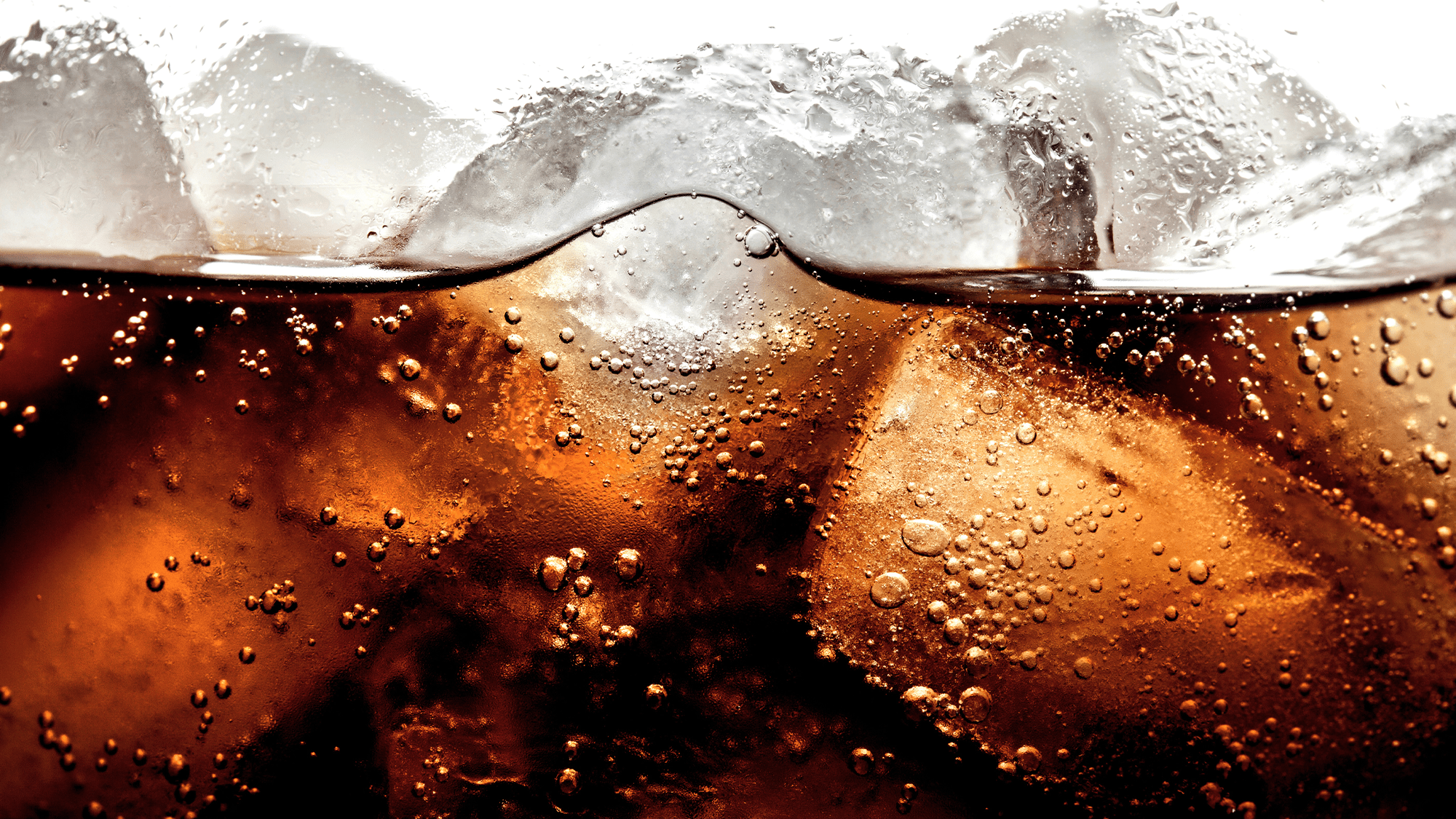

New guidance from the World Health Organization (WHO) says to avoid using sugar substitutes if you are trying to lose weight. Some common non-sugar sweeteners (NSS) include aspartame, saccharin, sucralose, stevia, among others. These substances are found in a wide range of products including diet sodas and most items labeled “sugar free.” They’re often used to replace full sugar drinks and snacks during diets.
[Related: Popular artificial sweetener associated with risk of heart attack and stroke.]
Consuming non-sugar sweeteners, “does not confer any long-term benefit in reducing body fat in adults or children,” according to systematic review of available literature by the WHO.
Additionally, there may be “potential undesirable effects” from long-term use of sugar substitutes, including an increased risk of cardiovascular disease and type 2 diabetes.
“Replacing free sugars with NSS does not help with weight control in the long term. People need to consider other ways to reduce free sugars intake, such as consuming food with naturally occurring sugars, like fruit, or unsweetened food and beverages,” WHO Director for Nutrition and Food Safety Francesco Branca said in a statement. “NSS are not essential dietary factors and have no nutritional value. People should reduce the sweetness of the diet altogether, starting early in life, to improve their health.”
The new recommendation applies to all people except those with pre-existing diabetes. It does not apply to products like toothpaste, skin cream, and medications that contain some non-sugar substitutes or to low-calorie sugars called polyols.
The WHO reviewed 283 studies and two randomized controlled trials that are considered the gold standard of research into the subjects.
The randomized trials found non-sugar sweeteners had a low impact on reducing both calorie intake and body weight compared to sugar. They also didn’t see any change in glucose and insulin levels which are intermediate markers of diabetes.
While observational studies show associations, but not cause and effect, the reviewed research found a low impact on fat tissue and body weight and no change in calorie intake. They did find a low increase in the risk of high blood pressure, strokee, type-2 diabetes, heart disease, and death from heart disease, according to the WHO. A very low risk for bladder cancer and early death was also found.
[Related: High-fructose corn syrup vs. sugar: Which is actually worse?]
Stevia products are often considered to be a more natural artificial sweetener since they are derived from the stevia plant, but bulking sugars are often added to artificial sweeteners. One sugar agent called erythritol is used to add bulk or sweetened stevia, monk fruit and keto reduced-sugar products. In February, a study published in the journal Nature found that erythritol has been linked to blood clotting, heart attack, stroke, and death.
“Sweeteners like erythritol have rapidly increased in popularity in recent years but there needs to be more in-depth research into their long-term effects,” said senior author Stanley Hazen, chairman for the Department of Cardiovascular & Metabolic Sciences in Lerner Research Institute and co-section head of Preventive Cardiology at Cleveland Clinic, in a statement. “Cardiovascular disease builds over time, and heart disease is the leading cause of death globally. We need to make sure the foods we eat aren’t hidden contributors.”
According to the WHO, this new recommendation was “conditional” since this identified link between sweeteners and disease outcomes might be influenced by more complex patterns of sweetener use and other patterns by the study participants.
In response, an industry group representing makers of non-sugar substitutes called the International Sweeteners Association told CNN, “it is a disservice to not recognise the public health benefits of low/no calorie sweeteners and is disappointed that the WHO’s conclusions are largely based on low certainty evidence from observational studies, which are at high risk of reverse causality.”
